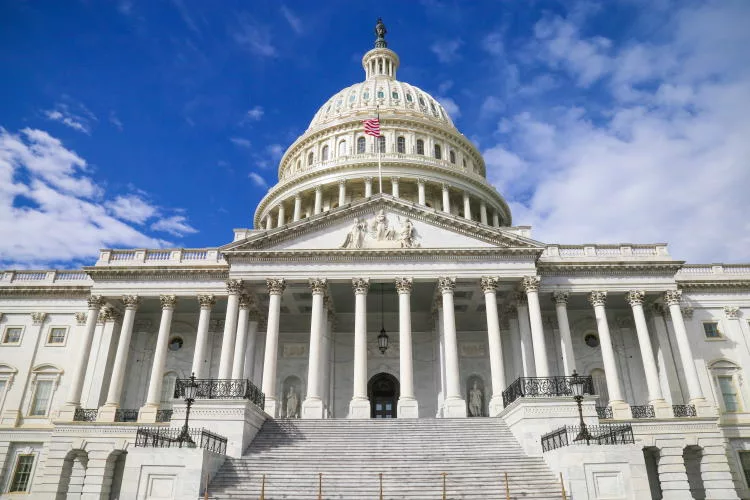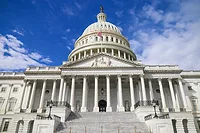How New Paycheck Protection Program Reforms Will Benefit Roofing Contractors

New legislation signed into law will grant roofing contractors and other businesses that took part in the Paycheck Protection Program (PPP) to weather the COVID-19 pandemic some much-needed relief.
On June 5, President Trump signed the Paycheck Protection Program Flexibility Act (PPPFA) of 2020 into law. On June 3, the Senate passed the legislation by unanimous consent. The act previously received approval by the House with a 417-1 vote on May 27.
Trent Cotney, CEO of Cotney Construction Law, said the PPP was a “hot mess,” so the PPPFA is going to be of tremendous help to contractors since many of the original restrictions have been loosened.
“It’s going to help small businesses because it takes all those guidelines and really extends them out, and that’s what’s needed,” Cotney said.
The major changes include:
Use of Funds Needed for Payroll Reduced to 60%
In its previous form, PPP recipients had to use at least 75% of the received funds on payroll. The PPPFA has reduced this to 60%, meaning recipients can use up to 40% of their funds on other qualifying expenses like rent, mortgage or utility payments.
The new law does not change the types of expenses eligible for forgiveness.
Time Period to Spend PPP Funds Extended to 24 Weeks
Businesses previously had to use their funds within eight weeks from when the funds were received. This has now been extended to 24 weeks. Cotney clarified that contractors would still have the ability to spend their PPP funds outside of the 24-week period, but they won’t be eligible for forgiveness.
“Forgiveness is not a guarantee,” Cotney said. “Your eligibility for forgiveness will depend on your wages and whether or not you’ve rehired, whether or not you’ve re-employed people.”
Extension of Loan Payments and Deferrals
The PPPFA will extend the term of the loan repayment on funds not forgiven from two years to five years, giving businesses more leeway on paying back the loans.
Additionally, the first payment on the loan will be deferred for six months after the Small Business Association makes a determination on the forgiveness.
Full Access to Payroll Tax Deferment
Under the CARES Act, employers couldn’t defer payroll taxes if they received forgiveness on a PPP loan. The new law ensures full access to payroll tax deferment.
Cotney warned that the country is still in its “honeymoon phase” with people receiving unemployment checks and 42 million Americans who filed for unemployment, so even with these changes, roofing contractors should keep an eye on the future.
“When those unemployment checks run out, and when those PPP funds run out, it’s not going to be pretty,” he said.
In a written statement, Stephen E. Sandherr, CEO of the Associated General Contractors of America, said the improvements made by the law will save construction jobs and protect employers.
“Having fixed several problems with a measure designed to helped firms survive, it is time for Congress and the President to put in place measures to rebuild our economy,” Sandherr said. “These measures include providing liability protection for contractors and other businesses that are taking steps to protect workers from the coronavirus, new infrastructure funding and measures to stimulate broader, private-sector demand for construction and development.”
Looking for a reprint of this article?
From high-res PDFs to custom plaques, order your copy today!






